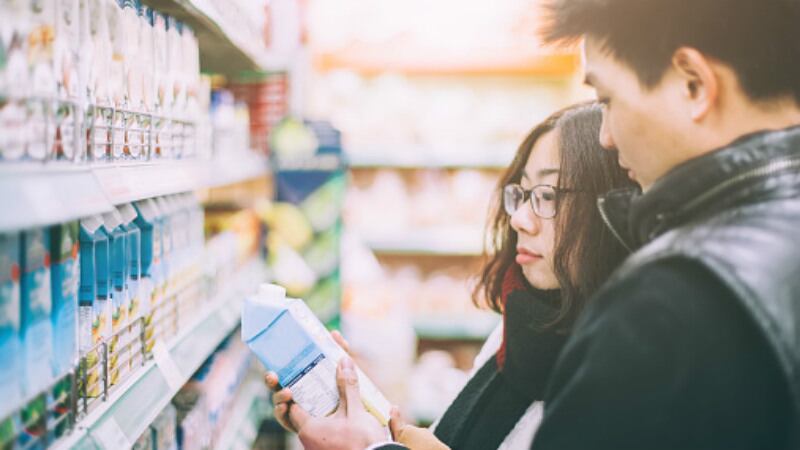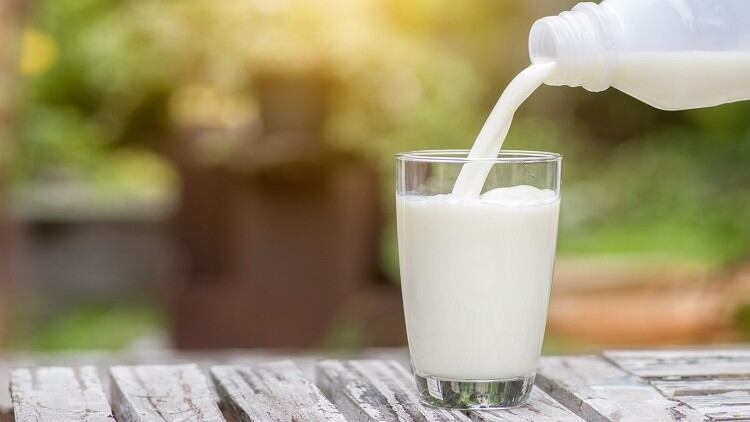For about three years, the Chinese government has attempted to keep a tight hold over all matters that could possibly be linked to the pandemic and any potential of a fresh outbreak, including the controversial demand for the first all food items and later all frozen food item imports to be subjected to a nucleic acid test for the coronavirus causing COVID-19.
This was the subject of many debates particularly from exporter countries to China, some even bringing this up to the World Trade Organisation, especially after experts came forth to highlight that COVID-19 transmission via food packaging was unlikely, but for the past three years, China remained unmoved – until now.
At the end of December 2022, the General Administration of Customs China (GACC) issued an announcement that all nucleic acid tests for food items would be halted this year.
“The safety measure of performing nucleic acid tests for the coronavirus causing COVID-19 on food imports will be cancelled starting on January 8 2023,” GACC stated via a formal statement.
“This will be effective for all categories of food imports, both those requiring cold chain (including frozen foods) and those not requiring cold chain for transportation.”
This move came in spite of government findings just six months earlier that frozen foods ‘can carry’ the SARS-CoV-2 coronavirus causing COVID-19, which was highlighted as supporting data for the country to continue its then-current testing measures on food imports.
Its latest move brings it in line with current World Health Organisation guidelines, which state that there are ‘currently no confirmed cases of COVID-19 transmitted through food or food packaging’, and is widely considered to be part of China’s strategy to start its return to normalcy.
This idea has also been supported by other governmental initiatives, including some parts of its 2023 Tariff Adjustment Plan which will see import and export tariff adjustments to various products this year in a bid to support development and opening up under its ‘Dual Circulation Strategy’, with many of these products being food or food-related.
“Starting from January 1 2023, China will be adjusting the provisional import tariff rates for 1,020 items - these will be lower than current most favored nation (MFN) tariffs,” China’s Customs Tariff Commission of the State Council stated via formal documentation.
“Import tariff reductions will be seen for various [food] products ranging from fish such as frozen blue cod to cashew nuts to homogenised mixed food items, as well as foods for infants and young children.
“[Related] household appliances such as coffee machines and juicers will also [enjoy these] reduced import tariffs.
“This adjustment is in line with the current local trend of upgrading the quality of food and beverage consumption in China.”
The country is also paying renewed interest to its free trade agreement arrangements of which 19 currently stand, including the Regional Comprehensive Economic Partnership (RCEP) ratified in 2022 under which tariffs of products from certain countries such as Indonesia will be adjusted accordingly.
Living with COVID-19
Given its strong reluctance to move away from its zero-COVID strategy in the past, China’s acquiescence to implement these changes signal it is finally ready to move into the ‘living with COVID-19’ or endemic mode that most of the rest of the world has already adopted.
Concerns still remain such as the soaring infection rates that resulted from its sudden reversal to abolish testing for incoming travellers bar a negative test 48 hours prior to travel, but for the food and beverage industry, this is undoubtedly good news.
Frozen meat and seafood in particular, which were amongst the worst-impacted by China’s measures due to the costs and duration involved for the nucleic acid testing, will likely be the biggest beneficiaries of this reversal.
“[This removal] of COVID testing and disinfection of imported meat at ports and at in-market distribution points will be an encouraging step toward the resumption of normalised trade,” said US Meat Export Federation APAC SVP Joel Haggard.




